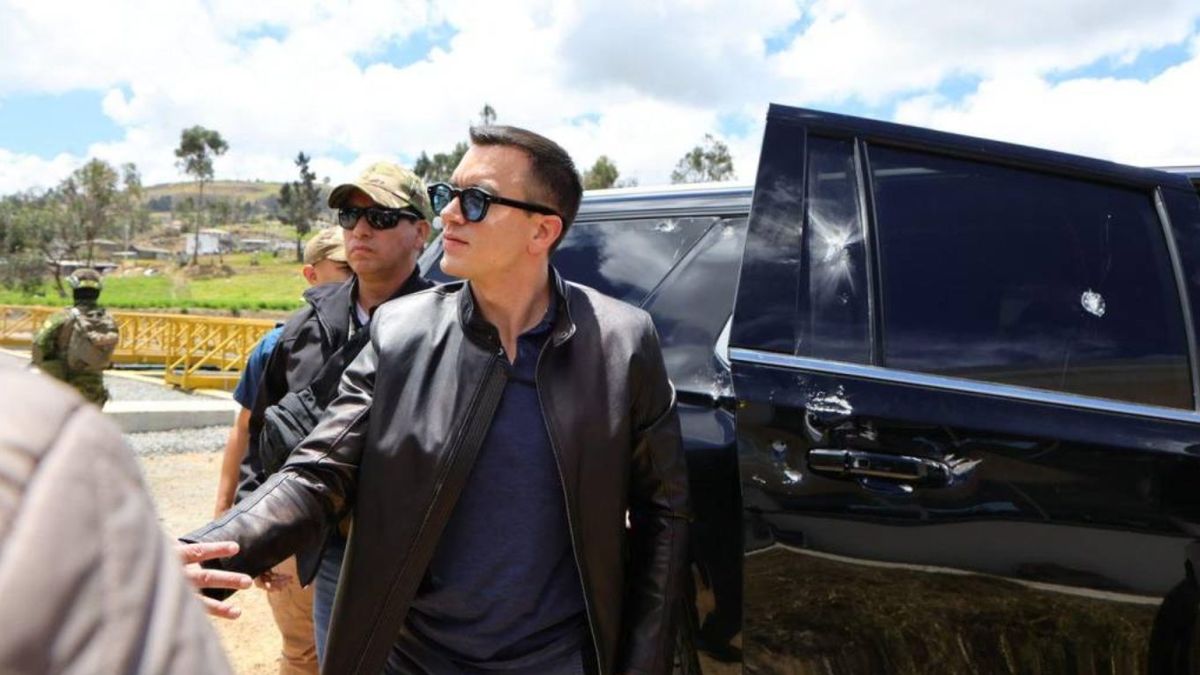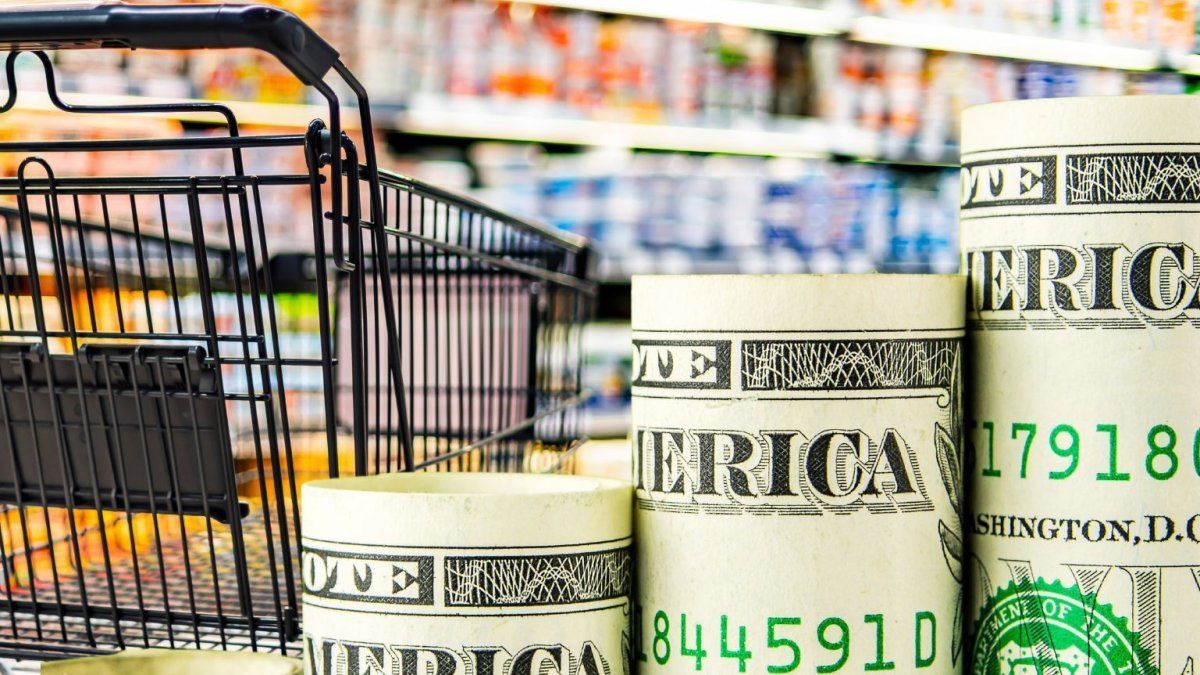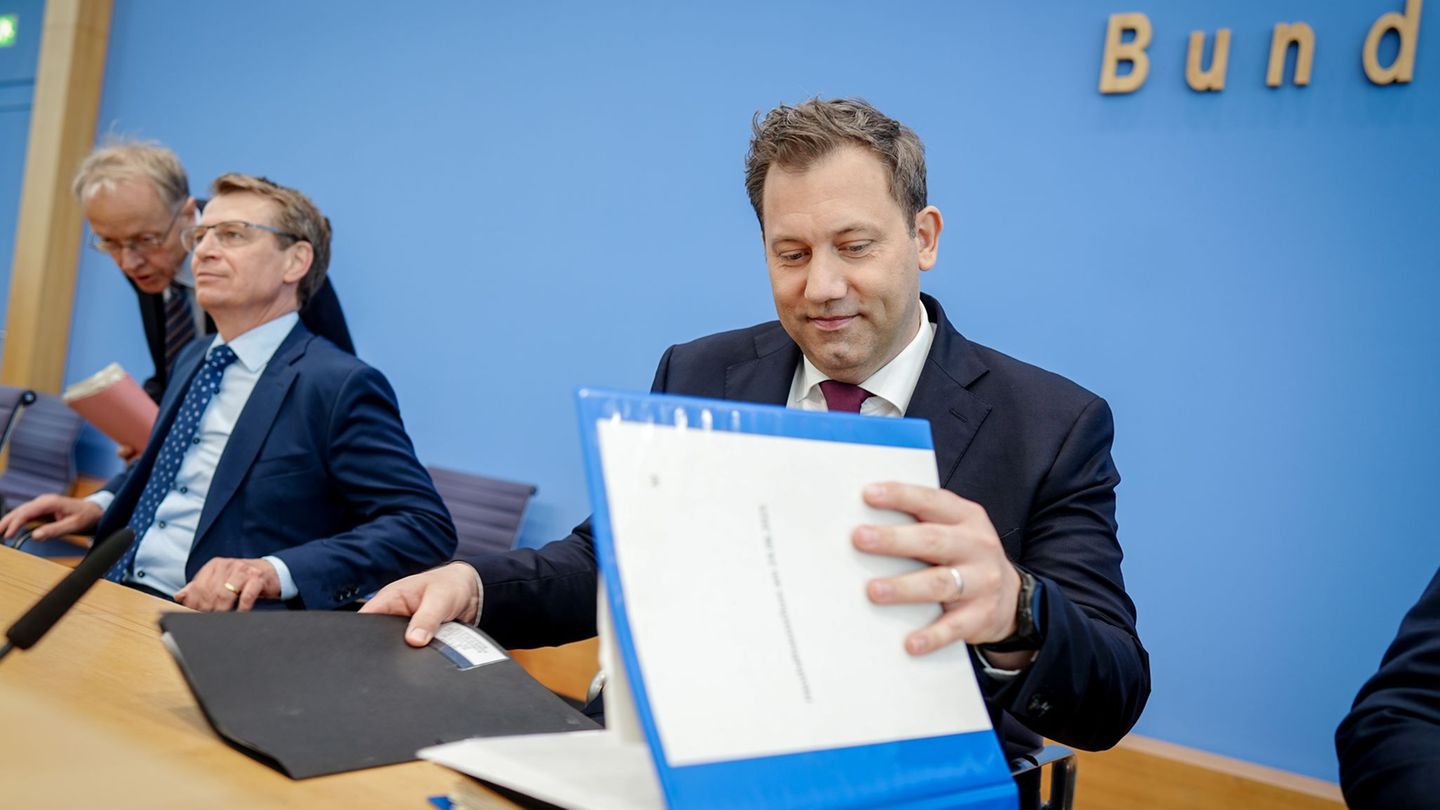I have been working in the news industry for over 6 years, first as a reporter and now as an editor. I have covered politics extensively, and my work has appeared in major newspapers and online news outlets around the world. In addition to my writing, I also contribute regularly to 24 Hours World.
Menu
Finances: High debts, lots of money for the military: cabinet approves budget
Categories
Most Read
Rethinking friendship: Why Merz and Macron should swap positions
October 7, 2025
No Comments
Protests in Morocco: “We want hospitals, no stadiums”
October 7, 2025
No Comments
Iris Stalzer: Designed Mayor of Herdecke Died
October 7, 2025
No Comments
Gaza negotiations: No agreement in sight in Gaza talks yet
October 7, 2025
No Comments
Hamas attack on Israel 2023: Brandenburg Gate illuminated to commemorate October 7th
October 7, 2025
No Comments
Latest Posts

Fixed terms give ground and migration towards the dollar and FCIs grows in the run-up to the election
October 7, 2025
No Comments
October 7, 2025 – 20:52 Faced with uncertainty and financial volatility, investors are betting on liquidity and coverage in “hard currency.” Depositphotos Given the financial

They denounce attack on President Daniel Noboa’s caravan amid protests
October 7, 2025
No Comments
October 7, 2025 – 20:34 Protesters threw stones and shot at the president’s vehicles during an event in El Tambo. The government reported an assassination

Food and cleaning products climb up to 11% in nearby stores
October 7, 2025
No Comments
Although October started without major differences, the drag of increases from the last week of September is still felt on shelves and counters. According to
24 Hours Worlds is a comprehensive source of instant world current affairs, offering up-to-the-minute coverage of breaking news and events from around the globe. With a team of experienced journalists and experts on hand 24/7.

